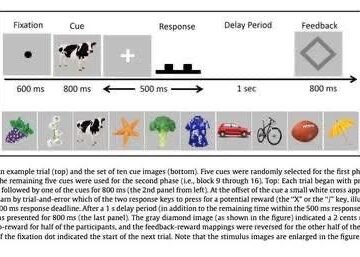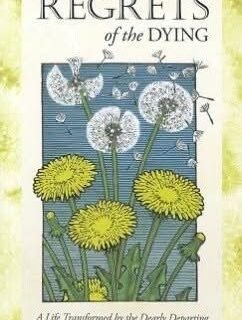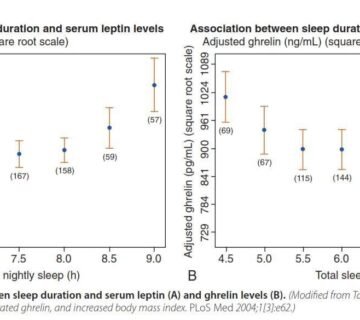Do we need to know if your child is lying or just telling stories from their imagination? What’s the difference between them?
What’s the difference between lying and imagination in children?
In early childhood, around age four, some children tell heroic stories like:
“A thief came into our house, and I grabbed a sword and fought him and won.”
Here, some mothers might immediately say to their child, “Don’t lie, or you’ll go to hell.”
But the child is not lying here. This is a child with a rich imagination and good language skills, developed because of their intelligence. They can think and express themselves well, making up heroic stories where they are the hero, like in cartoons they watch.
Other children tell heroic stories because they feel neglected, especially after the birth of a new sibling. The child does this to get attention — saying “I’m here, pay attention to me.” But then the mother may get upset and call the child a liar and even scare them with threats of hellfire.
This creates a child who feels neglected, frustrated, punished, and afraid of God, which can cause anxiety — leading to bedwetting or stuttering.
What about lying?
For example, a child hits their sibling, breaks something in the house, or causes trouble at school, and then says, “No, I didn’t do it.”
Here, the child is afraid of punishment.
We need to reassure the child and say, “Think again, maybe you forgot. If you remember, tell me. And if you tell the truth, there will be no punishment.”
We should not call the child a liar or punish them right away — this doesn’t teach positive behavior and the child will likely repeat the mistake.
We need to understand why the child isn’t telling the truth and address that reason instead of punishing.
When should I punish?
When you have given the child one or two chances and warnings, and the behavior repeats, then punishment can be applied.
What kind of punishment?
The punishment should fit the mistake’s severity and involve losing privileges — like taking away a toy or a fun outing — never physical punishment, so you don’t end up with a child who is violent or hits others.





